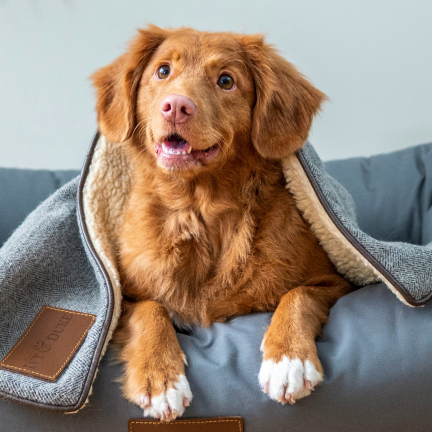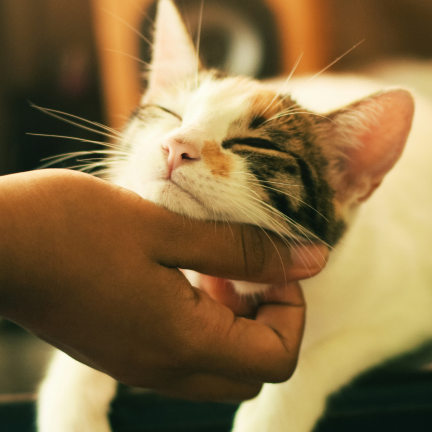
Periodontal disease is a common dental condition that affects pets, just like it does humans. It refers to an inflammation and infection of the structures that support the teeth, including the gums, periodontal ligaments, and alveolar bone. Neglecting your pet's oral hygiene can lead to the development of periodontal disease, causing pain, discomfort, and even tooth loss.
The Importance of Maintaining Good Oral Hygiene for Pets
Pets require regular oral care to prevent the onset of periodontal disease. Poor oral hygiene can lead to the accumulation of plaque and tartar on the teeth, which provides a breeding ground for bacteria. Over time, this can result in gum inflammation, bad breath, tooth decay, and even systemic health issues. By prioritizing your pet's oral hygiene, you can significantly reduce the risk of periodontal disease and promote their overall well-being.
Signs of Periodontal Disease in Pets
Identifying the signs and symptoms of periodontal disease in pets is essential for early intervention and prevention. Keep an eye out for the following indications that your furry friend may be suffering from this condition:
- Bad breath: Foul-smelling breath is often an early sign of periodontal disease in pets. If your pet's breath has an unpleasant odor, it may be time to address their oral health.
- Red and swollen gums: Healthy gums should be pink and firm. If you notice that your pet's gums appear red, swollen, or bleed easily, it could be an indication of periodontal disease.
- Visible tartar or plaque: Take a close look at your pet's teeth. If you notice a yellow or brown buildup of tartar or plaque along the gumline, it is a sign that their oral hygiene needs attention.
If you observe any of these symptoms, it is advisable to consult a veterinarian for a proper diagnosis and treatment plan.
Tips for Preventing Periodontal Disease
Taking proactive steps to prevent periodontal disease in pets is key to ensuring their oral health. Here are some tips to help you maintain good oral hygiene for your furry companion:
- Regular brushing: Just like humans, pets can benefit from regular toothbrushing. Use a soft-bristled toothbrush and pet-friendly toothpaste to gently clean your pet's teeth. Start slow and gradually increase the duration of brushing sessions to allow your pet to get used to the process.
- Dental chews and toys: Incorporate dental chews and toys into your pet's routine. These specially designed products help remove plaque and tartar buildup while providing entertainment for your furry friend.
- Healthy diet: A balanced and nutritious diet plays a crucial role in maintaining good oral health for pets. Opt for high-quality pet food that promotes dental health and avoid feeding them excessive sugary treats or human food scraps.
- Regular veterinary check-ups: Schedule regular dental check-ups with your veterinarian to monitor your pet's oral health and address any dental issues promptly.
The Role of Professional Pet Dental Care
While at-home oral care is essential, professional pet dental care also plays a vital role in preventing periodontal disease. Veterinarians have the expertise and tools necessary to perform thorough dental cleanings, including scaling and polishing, to remove stubborn tartar and plaque.
Additionally, they can identify and treat any underlying dental issues that may contribute to periodontal disease. Regular professional dental cleanings, combined with proper at-home care, can significantly reduce the risk of periodontal disease in pets.
Taking Proactive Steps to Maintain Your Pet’s Oral Hygiene
Preventing periodontal disease in pets requires a proactive approach to their oral hygiene. Prioritize regular brushing, provide dental chews and toys, feed a healthy diet, and schedule regular veterinary check-ups. By taking these steps, you are ensuring that your pets enjoy a lifetime of healthy smiles.
For further guidance on how to prevent periodontal disease for your pet, visit Hamilton Animal Hospital at our office in Huntington Beach, California, or call (714) 964-4744 today.



